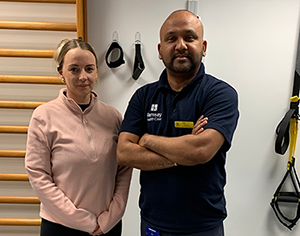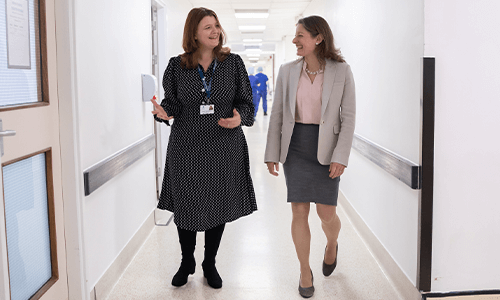Ashtead Hospital Specialists
-
Mr Steven Harsum
Mr Steven Harsum is a Consultant Ophthalmologist in Surrey specialising in cataract surgery.
Read more -
-
-
-

Mr Chris McLean
Mr Chris McLean is an Ophthalmology consultant at Ashtead Hospital in surrey
Read more -
Mr Ramu Muniraju
Mr Ramu Muniraju is a Consultant Ophthalmologist in Surrey, who specialises in micro-incision cataract surgery and medical retina conditions like macular degeneration, diabetic eye disease and other retinal conditions.
Read more -
-
-
-
Professor Paul Ursell
Professor Paul Ursell is a Consultant Ophthalmologist in Surrey, specialising in cataract surgery.
Read more


